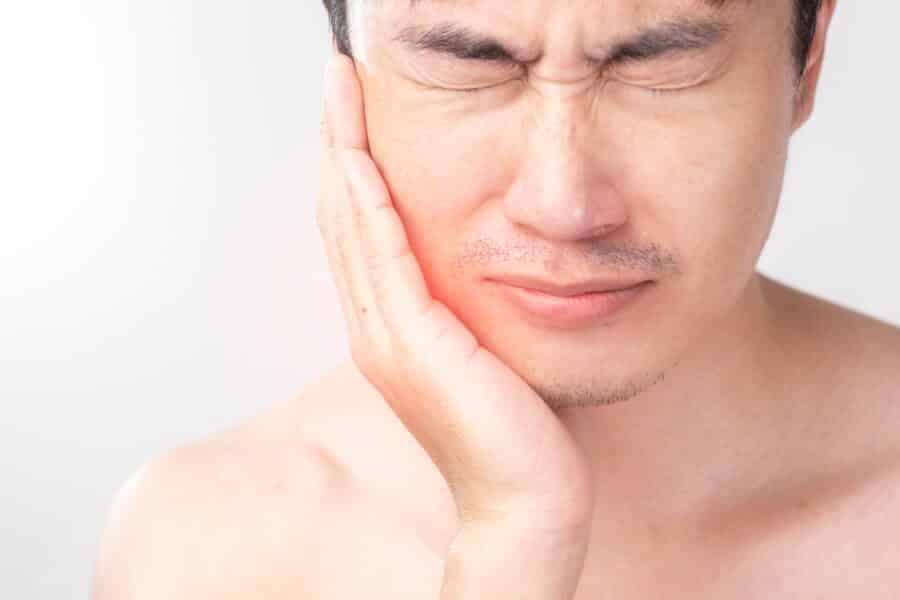Grinding also called bruxism is common in adults and children, affecting around 40 million of us. While teeth grinding is common, it is not normal or healthy for your mouth.
While many people know that grinding can damage teeth, they may not realize that tooth grinding can hurt their gums too. Teeth grinding can lead to gum recession and tooth loss if not diagnosed and treated.
How Does Grinding Harm Gums?
Bruxism puts heavy force on your teeth and their supporting structures such as gums, bones, and ligaments. When too much force is placed on teeth, the ligaments that attach the tooth to the jawbone become irritated and inflamed. Inflamed ligaments can cause gum recession, weaken the bone, and invite harmful bacteria to the gum pockets.
If you habitually grind or even clench your teeth, those forces can result in gum recession and tooth mobility. If you have gum recession or are experiencing movement in your teeth, you might be a tooth grinder.
How Do I Know if I Grind My Teeth?
Because most people grind their teeth while they sleep, they may not know that they do it. If you have any of the following symptoms, you might be a grinder:
- Jaw muscles that are tight or painful when you wake up in the morning
- Popping or clicking in your jaws when you open or eat
- Worn or damaged teeth or fillings that break often
- Frequent headaches
What Causes Tooth Grinding?
Stress and anxiety are the leading cause of tooth grinding. However, there are also other reasons why you might be grinding or clenching:
Malocclusion – When your jaws don’t line up correctly, the imbalance may trigger grinding or clenching
Antidepressants – Some medications such as fluoxetine, sertraline, and paroxetine have a rare side effect of triggering grinding.
Sleep Disorders – Research shows that tooth grinding is often associated with sleep disorders such as snoring, breathing problems, and obstructive sleep apnea.
Lifestyle Habits – People who drink moderate amounts of alcohol, consume caffeine, or smoke are more likely to grind or clench.
How Can Teeth Grinding Be Prevented and Treated?
One of the easiest ways to prevent grinding is to find ways to relax. 70% of people grind and clench because of stress, anxiety, and even anger. Winding down with a relaxing habit before bed can ease stress and reduce your chances of grinding at night.
You can also talk to your dentist about making you a bite guard that you can wear at night to protect your teeth and gums from the biting forces of night grinding. While you can buy over-the-counter mouthguards, having your dentist manufacture a professional bite guard is best because it is created specifically for your mouth and your grinding habits.
Your dentist may also check your bite and make bite adjustments, which are called occlusal adjustments so that pressure is taken off certain teeth that may trigger you to grind.
If you have signs of symptoms of grinding, make sure to visit your dentist so that they can check not only your teeth but also your gums for signs of bruxism damage.



